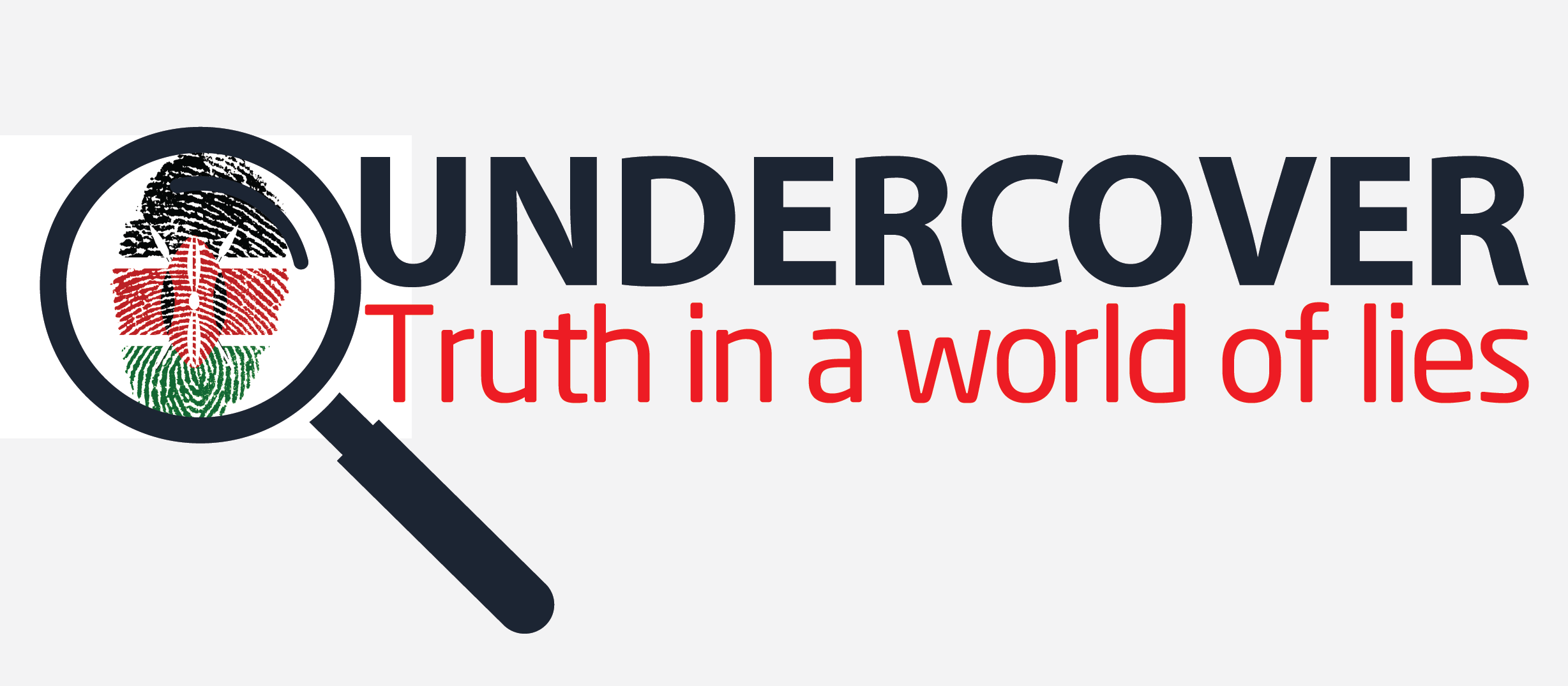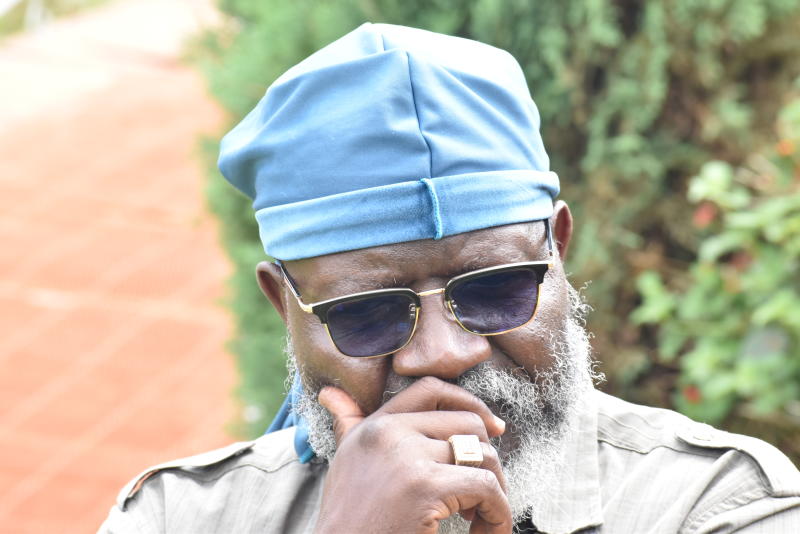Wajackoyah and fellow Special Branch officers used phone tapping to nail culprits in the murder of Dr Robert Ouko
By GW Ngari
Editor-at-Large
By now you know that Prof George Wajackoyah, a Presidential aspirant in this year’s General Election, was to be killed in 1990-the year Foreign Affairs Minister Dr Robert Ouko, was assassinated in February.
Dr Ouko was murdered two weeks after jetting home from the National Prayer Breakfast in Washington, USA. The late President Daniel arap Moi forced his way to the Prayer Breakfast with a delegation of 80 plus nabobs in government, against advice from Dr Ouko and the late Dennis Afande, Kenya’s Ambassador to America,
Wajackoyah was then a Special Branch officer at Nyati House along Loita Street, Nairobi, but stationed at the Jomo Kenyatta International Airport (JKIA) when Ouko went missing, before his charred remains were found by a herds boy-who later disappeared into thin air.
A string of mysterious killings to eliminate witnesses of Ouko’s murder made Wajackoyah a candidate for murder
The herds boy, Paul Shikuku, must have died in a string of mysterious killings to eliminate any witnesses in the ensuing investigations into Ouko’s murder-and which is where Wajackoyah came in-as a candidate for murder.
Wajackoyah was in a team of intelligence officers tasked by the late Spy Chief, James Kanyotu, to investigate elements in government that schemed Ouko’s murder. The findings were for internal use at Nyati House, but alas! Wajackoyah became too vocal, according to the Truth, Justice and Reconciliation Commission (TJRC).
See, Wajackoyah and fellow Special Branch officers had used phone tapping technology to map events leading to Ouko’s murder and nail the culprits. Shortly, Wajackoyah was a spy who knew too much.
The spies unearthed how Ouko was murdered, but refusing to doctor incriminating phone evidence, made Wajackoyah a marked man.
Wajackoyah would have been dead meat were it not for Smith Hempstone, the Jack Daniel and nyama choma loving American Ambassador to Kenya
And he would have been dead meat were it not for Smith Hempstone, the Jack Daniel and nyama choma loving American Ambassador to Kenya, who helped Wajackoya flee Kenya to the UK.
Hempstone later recounted, in his memoirs, Rogue Ambassador: An African Adventure, how, Ouko was fished from his Koru home near Kisumu and ferried to State House Nairobi. In between a harambee of bodily harm and torture, Ouko was interrogated on his explosive dossier on official corruption in which feared Cabinet Minister, Nicholas Biwott, starred prominently.
Hempstone claimed Biwott shot Ouko twice in the head at State House in the presence of Moi and Internal Security PS, Hezekiah Oyugi- who controlled a ‘chain of government spies, informants and thugs.’
Intelligence officer Martin Ochanda died at the Forces Memorial Hospital-where sinister fate awaited Wajackoyah
Other key people who died included; Judge Fidahussein Abdullah. He died at Aga Khan Hospital in 1993, two days to delivering his judgment on Jonah Anguka, one of the murder suspects, resulting in a mis-trial and later acquittal. Anguka fled Kenya to the USA in 1994.
Of interest was also the death of Philip Kilonzo, the Commissioner of Police when Dr Ouko was murdered. Kilonzo was poisoned in his Ndallas bar in Yatta in 1997. Despite drinking with potential witnesses to his murder, the case went cold.
As murder investigations started, key witnesses began disappearing when not dying mysteriously-forcing Wajackoyah to flee in the messy cover up that included claims Ouko had committed suicide, which Kenyans did not buy.
The government hired New Scotland Yard detective, John Troon who tagged along pathologist Dr Lain West. Both fingered Biwott and Oyugi as the masterminds of Ouko’s murder in which over 20 key witnesses died, 11 of them in one year. They included Wajackoyah’s fellow spies; Superintendent Joseph Mbogo, the lead investigator, Nehemiah Shikuku, senior assistant commissioner of police and intelligence officer Martin Ochanda who died at the Forces Memorial Hospital-where sinister fate awaited Wajackoyah.
“I was detained and tortured properly,” recalled Wajackoyah. “I would be blindfolded to the City Mortuary at night. That was maximum psychological and emotional torture.”
What Wajackoyah knew about Ouko’s murder interested the Americans
Wajackoyah was being taken to Forces Memorial Hospital for ‘final dilution’ when events drastically changed. A child of fate, he escaped from the jaws of death through the goodwill of people, a hallmark of his life. One was a senior government official who informed Hempstone of what awaited Wajackoyah at Forces Memorial Hospital.
What Wajackoyah knew about Ouko’s murder interested the Americans and using his connections, Hempstone had Wajackoyah spirited from Nairobi to London where he sought asylum in 1990.
He returned home in 2012 because “the umbilical cord and the blood that my mother shed giving birth haunted me.”

